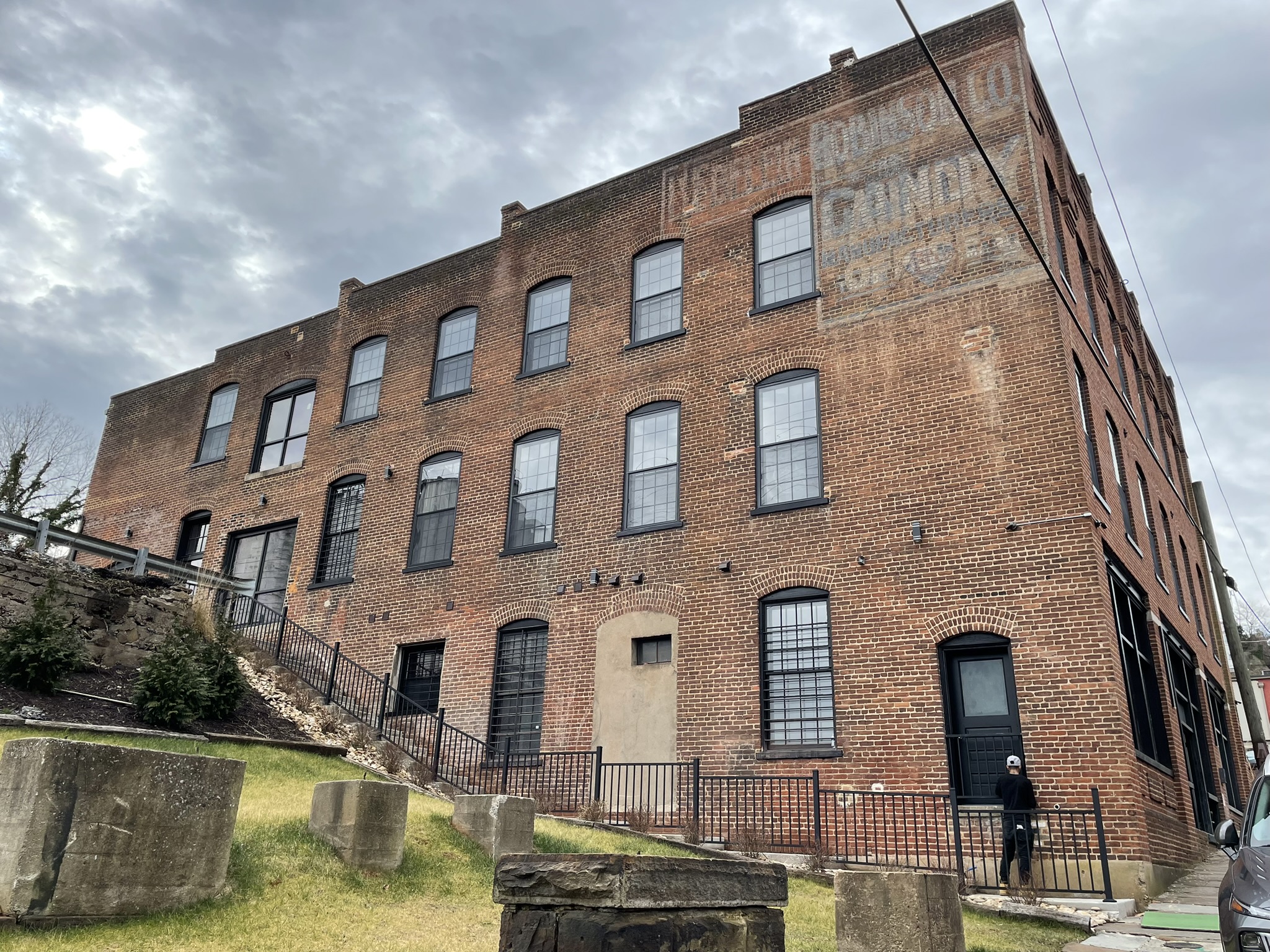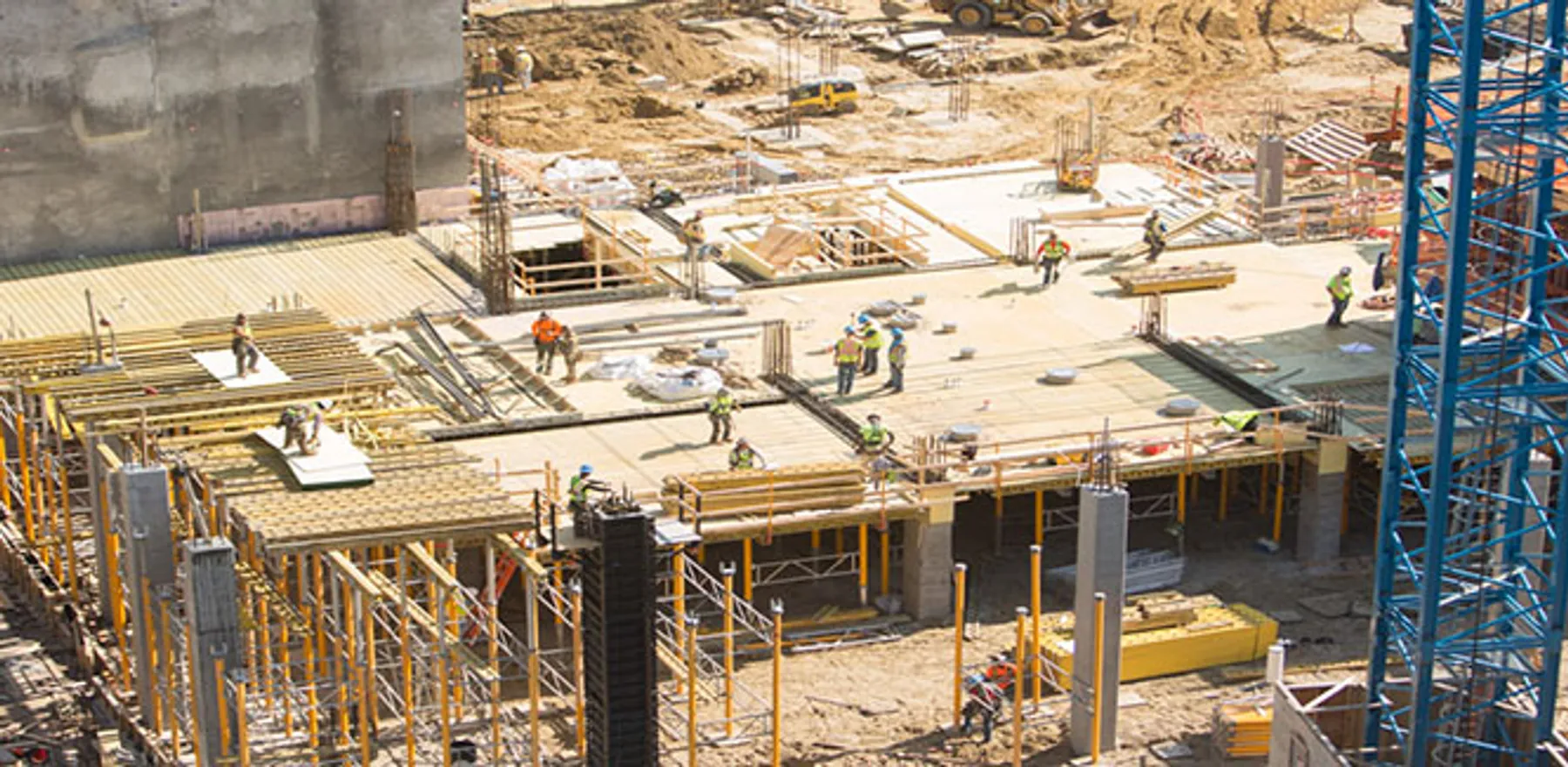Investing in commercial real estate can be a lucrative opportunity, but obtaining the necessary financing is a crucial step in the process. The financing landscape for commercial real estate is complex, involving various loan types, lenders, and qualification criteria. This guide will walk you through the essential steps to secure financing for your commercial real estate investment, from understanding the types of loans available to navigating the application process.
Understanding Commercial Real Estate Loans
Commercial real estate loans differ from residential mortgages in several key ways, including loan terms, interest rates, and qualification requirements. Here are the primary types of commercial real estate loans:
Traditional Bank Loans: These are the most common form of commercial real estate financing. They typically require a strong credit history, a significant down payment (usually 20-30%), and detailed financial documentation.
Small Business Administration (SBA) Loans: The SBA offers two loan programs for commercial real estate: the SBA 7(a) and the SBA 504. The SBA 7(a) loan can be used for a variety of purposes, including real estate, while the SBA 504 loan is specifically for purchasing or improving commercial properties. SBA loans often have favorable terms, but they require substantial documentation and may take longer to close.
Commercial Mortgage-Backed Securities (CMBS) Loans: CMBS loans are pooled with other loans and sold to investors as securities. These loans are often more flexible in terms of credit requirements, but they can have higher interest rates and may include prepayment penalties.
Hard Money Loans: These are short-term loans provided by private lenders, often used for properties that need significant renovation or are otherwise difficult to finance. Hard money loans typically have higher interest rates and shorter terms.
Bridge Loans: Bridge loans are short-term loans used to “bridge the gap” until long-term financing can be secured. They are often used in situations where immediate funding is needed, such as purchasing a property quickly or during a property improvement phase.
Mezzanine Financing: This type of financing sits between senior debt (traditional loans) and equity in the capital structure. It is often used to fill the gap between the equity an investor has and the debt they can secure. Mezzanine financing usually comes with higher interest rates but offers more flexible terms.
How Do I Prepare for the Commercial Real Estate Financing Process?
Before approaching lenders, it’s crucial to prepare thoroughly. Here’s what you need to do:
- Assess Your Financial Health: Lenders will scrutinize your credit score, income, assets, and existing debt. Ensure your financials are in order, and consider improving your credit score if needed. For business owners, having a strong business credit score is also important.
- Create a Detailed Business Plan: A solid business plan is essential, especially for SBA and traditional bank loans. Your plan should include financial projections, a detailed description of the property, your strategy for managing and improving the property, and an exit strategy.
- Prepare Necessary Documentation: Gather all necessary documents, including tax returns, financial statements, proof of income, a list of assets and liabilities, and details of the property you intend to purchase.
- Calculate Your Down Payment: Most commercial real estate loans require a significant down payment, often 20-30% of the property’s value. Make sure you have these funds available, and consider how they will impact your cash flow.
How Should I Choose a Commercial Real Estate Lender?
Not all lenders are created equal, and choosing the right one can significantly impact the terms and success of your loan. Consider the following:
Specialization: Some lenders specialize in certain types of commercial properties or loans. Choose a lender experienced in the type of property you are investing in.
Interest Rates and Terms: Compare interest rates, loan terms, and fees from multiple lenders. Don’t just focus on the interest rate; consider the overall cost of the loan, including any prepayment penalties or balloon payments.
Reputation and Reliability: Research the lender’s reputation. Look for reviews and testimonials from other investors. A reliable lender with good customer service can make the financing process smoother.
Flexibility: Some lenders offer more flexible terms, which can be beneficial if your investment strategy involves property improvements or other variables.
How Are Commercial Real Estate Loan Processed?
Once you’ve chosen a lender, the loan application process begins. Here’s what to expect:
Pre-Qualification: Many lenders offer pre-qualification, a preliminary assessment of your eligibility based on your financials. Pre-qualification gives you an idea of how much you can borrow and at what interest rate.
Loan Application: The formal loan application is a detailed process requiring extensive documentation. You’ll need to provide your business plan, financial statements, property details, and any other information requested by the lender.
Underwriting: During underwriting, the lender will thoroughly review your application, verify your financials, and assess the property’s value and income potential. This is a critical stage, and the lender may ask for additional documentation.
Appraisal and Inspection: The lender will require a property appraisal to determine its value and an inspection to assess its condition. These evaluations help the lender determine the loan amount and terms.
Loan Approval and Closing: If your loan is approved, the lender will issue a commitment letter outlining the terms. Once you agree to the terms, the loan moves to closing, where all necessary documents are signed, and the funds are disbursed.
What to Consider After You Have Financed A Commercial Property
After securing financing and closing on the property, there are ongoing responsibilities to manage:
Debt Service: Ensure that you can comfortably meet your loan payments, including principal and interest. Properly managing cash flow is crucial to avoid default.
Property Management: Effective property management is essential for maintaining the value of the property and ensuring consistent rental income. Consider hiring a professional property manager if you do not have the expertise or time.
Compliance: Stay compliant with all loan terms, including maintaining insurance coverage, making timely payments, and adhering to any covenants stipulated by the lender.
Refinancing Options: Over time, you may consider refinancing your loan to take advantage of better terms, lower interest rates, or to access equity in the property. Keep an eye on market conditions and your property’s performance to identify refinancing opportunities.
Financing a commercial real estate investment is a multifaceted process that requires careful planning, thorough preparation, and a clear understanding of the lending landscape. By assessing your financial situation, choosing the right lender, and navigating the loan application process with diligence, you can secure the financing necessary to make your commercial real estate investment a success. Remember, the key to successful financing is not just securing the loan but managing it effectively throughout the life of the investment.
By Thomas McCoy




